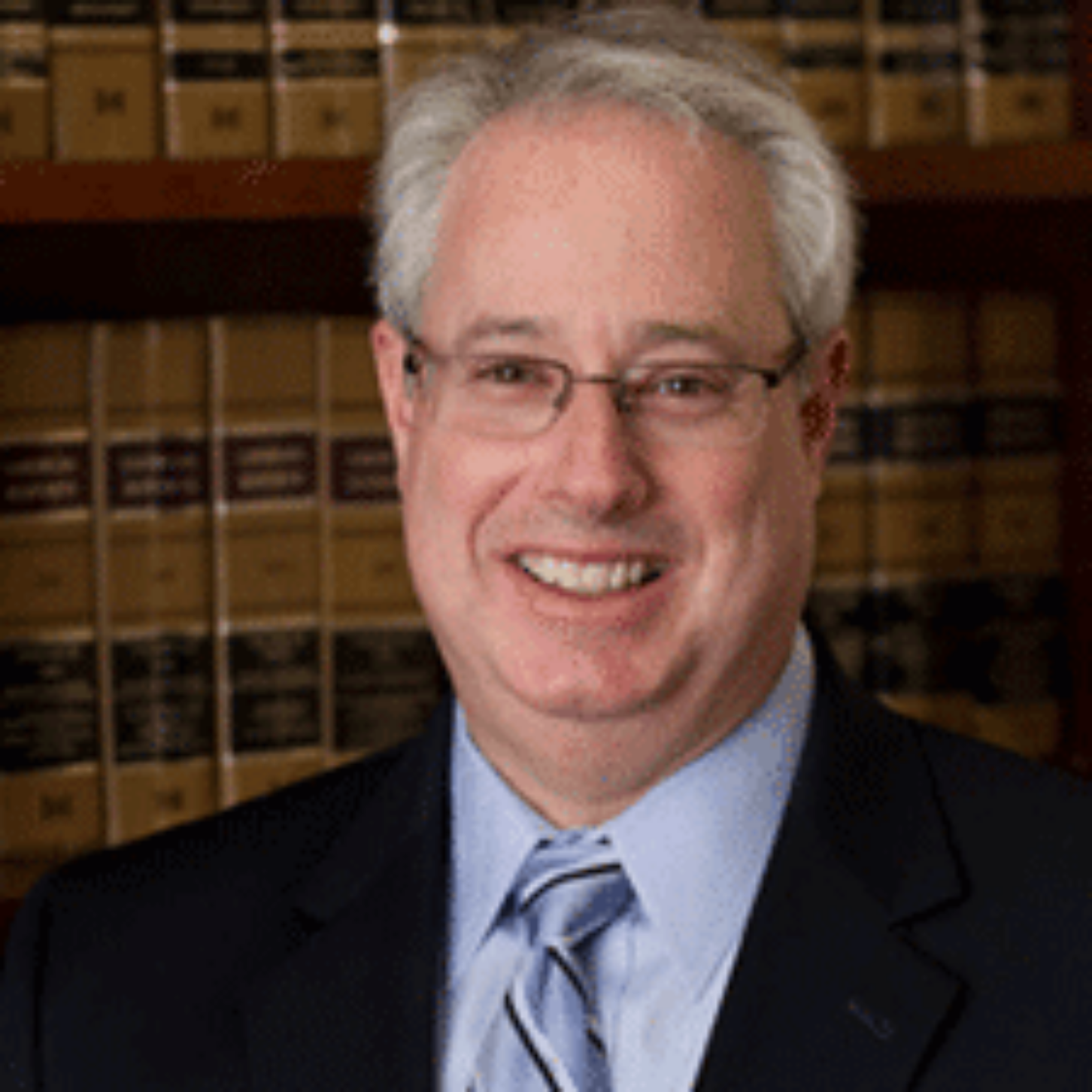

The House Judiciary Committee is scheduled to meet on August 30 to discuss a rewrite of the state Open Meetings and Records Act that has become a priority for Attorney General Sam Olens.
House Bill 397 was filed late in this past spring’s session and a vote is possible next year. “My goal is to pass the bill,” Olens said. “I’m not putting myself out here for failure.”
Making public records easier to obtain, opening more meetings to citizen eyes and cracking down harder on those who prevent that from happening has become a goal for the first-term Attorney General. He made that clear during a recent presentation to the Atlanta Press Club.
“While the press continues to spend much energy on ORA – the Open Records Act – which I totally understand and appreciate – I would suggest to you that most abuses occur with regard to the Open Meetings Act,” Olens told about 115 early morning Press Club guests during a panel discussion at The Commerce Club in downtown Atlanta.

“When you go to a public meeting and they cover 20 topics in 15 minutes please don’t think that the meeting’s agenda was handled at the meeting. So the most meaningful changes in this rewrite relate to the Meetings Act rather than Open Records.”
Olens noted one particularly egregious recent Open Records Act request case. A citizen who requested information from the Cherokee County School District was told it would take several thousand hours to produce the work, and only after he submitted a $324,000 check.
“My office called the lawyer for the Cherokee County School board and said, you really don’t want our letter do you? The next week the individual got the documents he wanted,” Olens said. House Bill 397 would address how much governments can charge in advance for records requests, set guidelines for providing them electronically, and it would mandate which records public agencies must keep and for how long.”
House Bill 397 would also introduce the possibility of civil or criminal penalties for Open Meetings or Records Act offenders, and steeply increased fines.
“When you look at other states that are considered (to have) model Sunshine Laws, they all have strong legislative intent that you’re supposed to give the public government information. We don’t have that in our law at all, and that’s in (the legislation),” Olens said. “We are trying as best we can to strengthen the law and get it passed.”